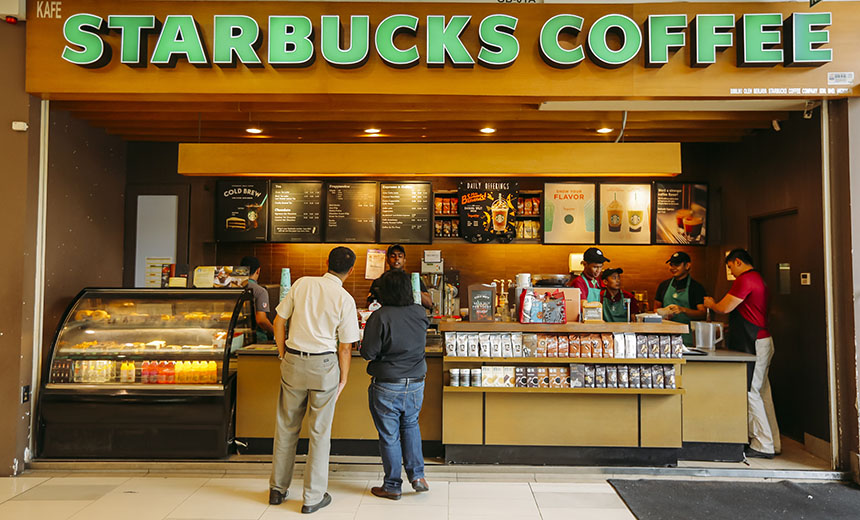3rd Party Risk Management,
Fraud Management & Cybercrime,
Governance & Risk Management
Blue Yonder Outage Disrupts Operations for Starbucks and Major Grocery Chains

A significant ransomware attack targeting Blue Yonder, a crucial supply chain management software company, has led to operational disruptions for notable organizations, including Starbucks and several major grocery retailers. The incident, confirmed by Blue Yonder, initiated on a Friday, when customers were alerted about interruptions to its managed service environment. This breach appears to be part of a broader trend where cybercriminals increasingly target supply chain vulnerabilities.
Blue Yonder, based in Scottsdale, Arizona, specializes in providing supply chain management software, including inventory and distribution solutions. Their offerings also encompass advanced technologies such as generative artificial intelligence aimed at optimizing supply chains. The swift attack on their systems raises concerns regarding potential adversary tactics outlined in the MITRE ATT&CK framework, particularly initial access through phishing or exploitation of public-facing applications, which may have paved the way for ransomware deployment.
In its update, Blue Yonder noted that its response team is rigorously addressing the security incident and is in collaboration with external cybersecurity experts. Despite their efforts, the company has not provided a definitive timeline for service restoration. A statement from Blue Yonder indicated that while significant progress is being made, the exact nature of the attack and its full impact is still under investigation. Interestingly, their Azure public cloud environment appears not to have been breached during this incident, which may suggest a focus on other areas of their infrastructure.
Starbucks is among the casualties of this event, as the outage has hindered their ability to accurately track working hours across its extensive North American network of 11,000 stores. While Starbucks confirmed that customer service remains unaffected, they face challenges reconciling scheduled versus actual hours worked, raising potential issues of payroll inaccuracies. The company emphasized its commitment to ensuring that all baristas, referred to as partners, will receive payment for their hours worked during the disruption.
Furthermore, major British grocery chains such as Morrisons and Sainsbury’s are also dealing with the ramifications of the service outage. Sainsbury’s mentioned implementing contingency processes in response to operational impacts, while Morrisons noted that the attack had affected its warehouse management systems, specifically for perishables. However, they also confirmed that their ambient and frozen food operations remain unaffected.
As retailers prepare for the upcoming Black Friday sales on November 29, the timing of this disruption raises concerns about the potential impact on their ability to deliver products efficiently. Blue Yonder has not publicly identified all affected clients, focusing instead on their recovery efforts. The company serves a diverse range of customers, including major brands like Kroger and Albertsons, which highlights the far-reaching implications of this security incident across different sectors of the economy.
The ongoing investigation and recovery efforts underscore the importance for organizations to re-evaluate their cybersecurity protocols, particularly concerning the vulnerabilities within their supply chains. As businesses increasingly rely on third-party service providers, the need for robust risk management frameworks becomes essential to mitigate the risks associated with potential cyber threats.
